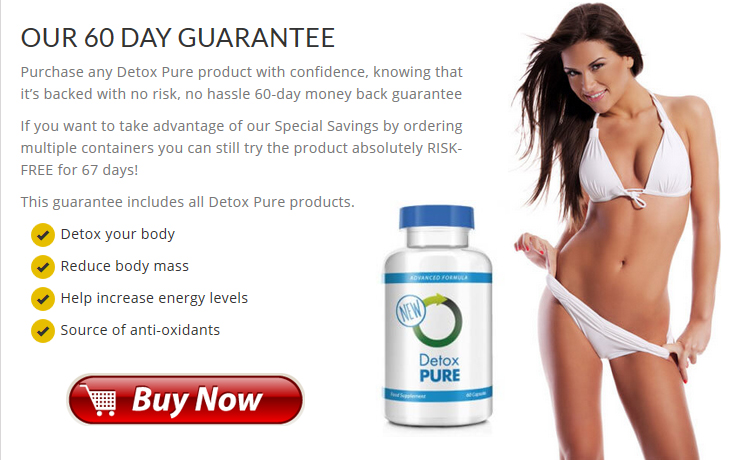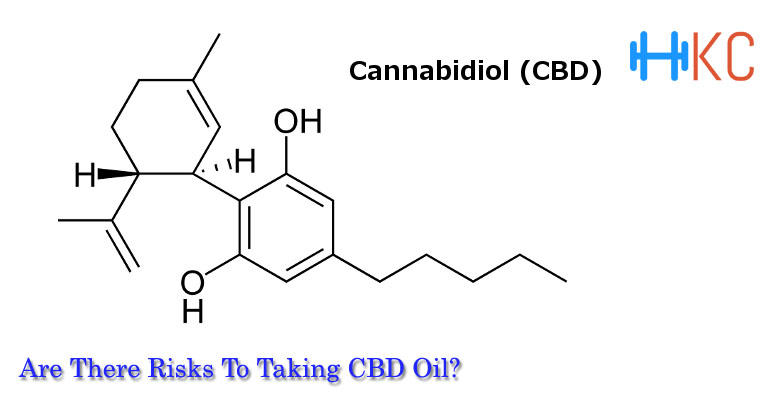When an individual takes the first step of reaching out for help, they are generally recommended to attend residential alcohol recovery programs rather than outpatient alcohol treatment. This is mainly because research shows residential treatment centers to be more effective for the majority of people struggling with substance abuse. That said everyone is different and what works for one person, may not for another and outpatient alcohol treatment remains the best option for many.
In this article, we focus on residential treatment centers and the best way of choosing the right kind of rehab center for an individual’s unique set of needs. Ultimately, the objective is to achieve long-term recovery from addiction which is known to be a relapsing illness.
Residential rehab provides a 24-7 focus to help individuals detox s10 Tips 10 Tips to Choosing the o Choosing the fely under supervision before going on to learn how to manage their substance use disorder and any cravings they may experience in recovery. Alcohol recovery programs essentially equip clients with a new skill set that’s designed to help them maintain sobriety.
The components of residential or inpatient drug and alcohol rehab should ideally include the following:
Research-Based Treatment
An essential element of all good alcohol recovery programs is therapy that is backed up by research. This means that there have been studies into their effectiveness over a period of time with measurable results. According to the National Institute on Drug Abuse (NIDA), treatments that are most effective in rehab are those that combine medical, complementary and behavioral therapies. Research-based treatment is often supplemented with help in building social support structures and relapse prevention strategies.
Medical Detox
The majority of people seeking treatment for substance use disorder or addiction are required to complete supervised detox. This is mainly because some people experience severe withdrawal symptoms which require immediate treatment to prevent them from becoming life-threatening. Detox is the first and most important step in residential rehab and patients have the advantage of around-the-clock medical supervision throughout the process and beyond.
Behavioral Therapy
Cognitive behavioral therapy (CBT) is commonly used in alcohol recovery programs along with other types of behavioral counseling to change thought processes relating to substance abuse. Much of the purpose of rehab is to make significant lifestyle and attitude changes clients have about themselves, those close to them and the world at large. CBT and other behavioral therapies are invaluable in promoting self-exploration and introspection through discussion with a therapist.
The benefit of evidence-based therapies like CBT is that they provide therapists and clients with an opportunity to set goals and measure progress towards achieving them. Each of these therapies has been researched exhaustively for their effectiveness. Elevate centers use a combination of these therapies with holistic treatments which focus on healing the individual’s overall wellbeing.
Post-Treatment Preparation and Support
An essential consideration for someone seeking inpatient rehab is aftercare. Residential treatment centers offer a safe and secure environment for clients while they complete a treatment program. However, they can often become anxious about returning home as they near the end of their treatment program.
If a rehab center doesn’t offer any form of preparation for returning home or aftercare as support in recovery, treatment is unlikely to be effective. It is one thing to practice coping strategies and make great progress while in therapy at a center and other to put everything learned into practice at home afterward.
Aftercare is an essential component of effective rehab and has been shown to promote long-term recovery. Clients are more likely to remain motivated to maintain sobriety when they have easy access to therapeutic support if they need it. Mutual support from others in recovery from addiction is invaluable for relapse-prevention.
Individualized Treatment and Understanding of Relapse
Addiction is widely considered to be a relapsing illness which means that a person can return to substance use or abuse even years after attending rehab. Elevate Addiction Services understands this and recognizes that individuals are not defined by their addiction. In the admission process, each individual entering inpatient rehab is fully assessed and evaluated to establish an accurate diagnosis and then a personalized treatment plan is created for them.
There is no single approach to treating addiction and because every individual with the illness has their own experience, they need to find their own path to recovery. It is crucial to research the best kind of rehab program that offers the best chances of enjoying a happy and substance-free life in the future. By and large, residential rehab is considered the most effective type of treatment because clients are completely removed from their daily lives and immersed in their care.
Residential rehab ensures that individuals stay in a sober environment, following a structured program of treatment and therapy. Many people have become withdrawn from loved ones as a consequence of substance abuse and residential rehab offers them a place where they feel comfortable enough to open up to others. There is a strong camaraderie between clients in residential rehab and many relationships last for years after in recovery, offering mutual support along the way.























